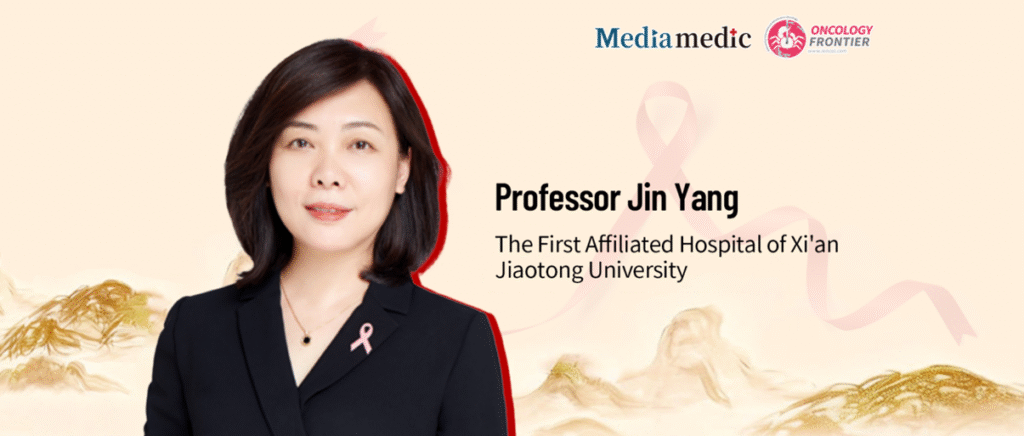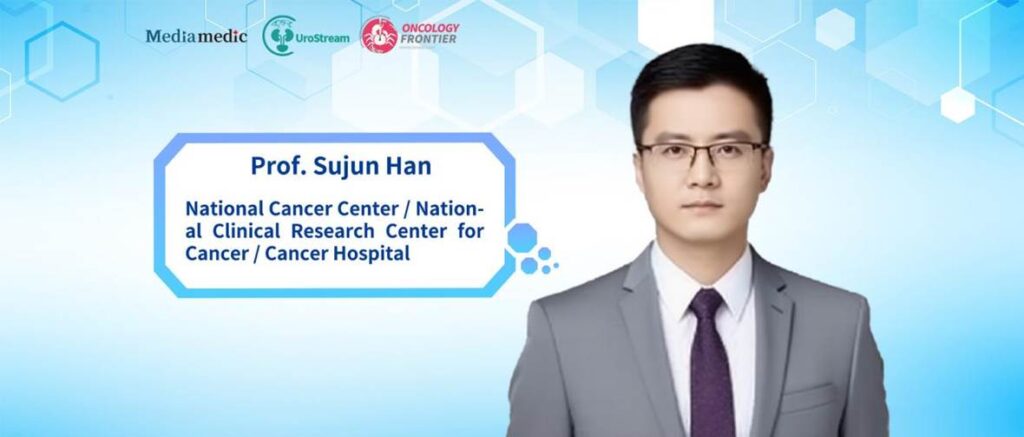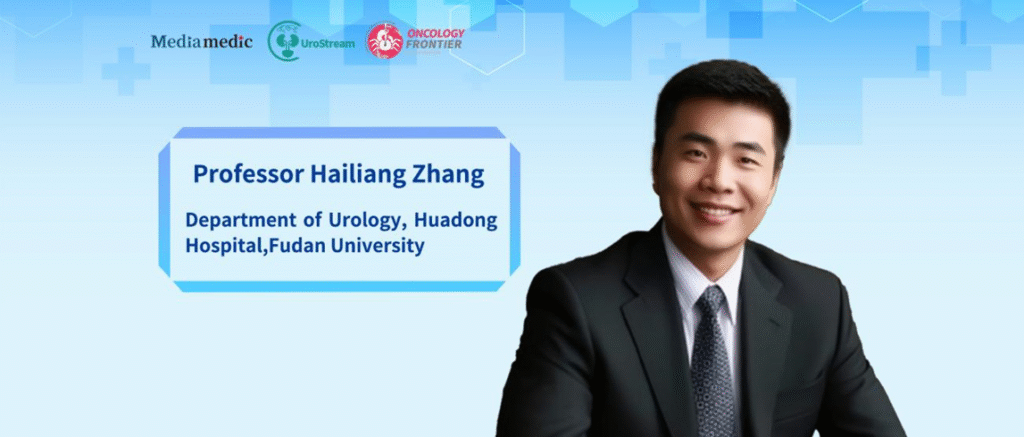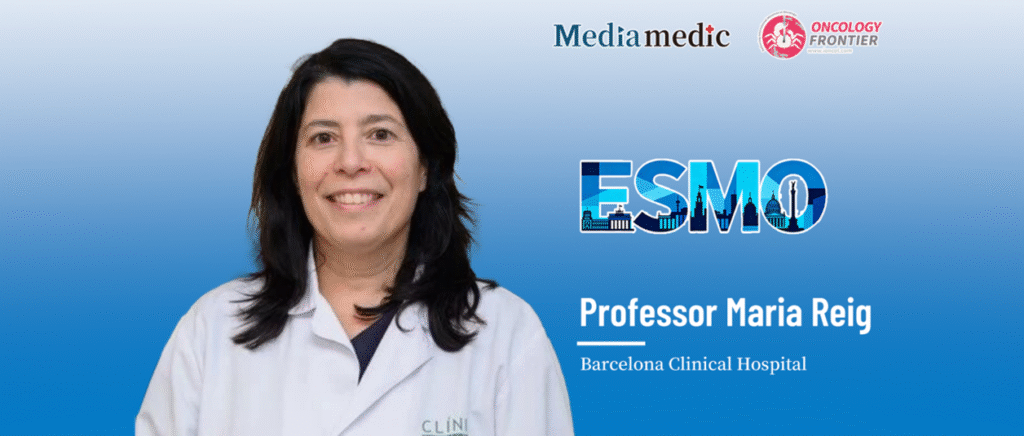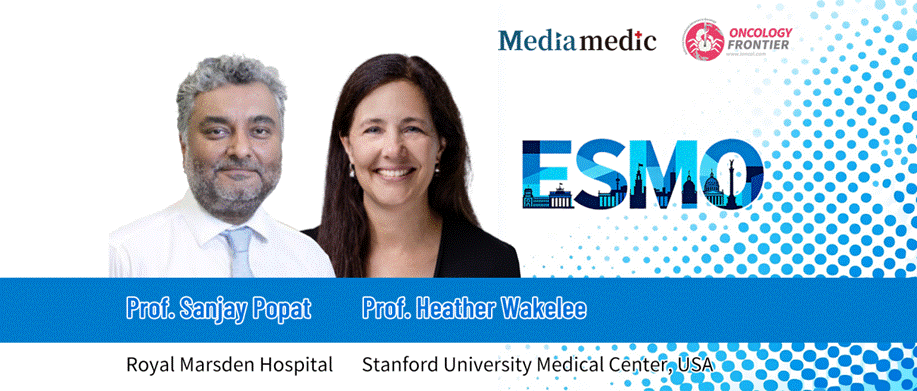Cultivating Virtue to Advance Surgery · Upholding the Way in Clinical Excellence | Xuesong Li’s Team Completes the First Fully Intracorporeal Autologous Kidney Transplant Using a Domestic Surgical Robot
Recently, the upper urinary tract reconstruction team led by Xuesong Li, Director of the Department of Urology at Peking University First Hospital, successfully performed a domestic surgical robot–assisted laparoscopic fully intracorporeal autologous kidney transplantation for a patient with complex upper urinary tract obstruction.



